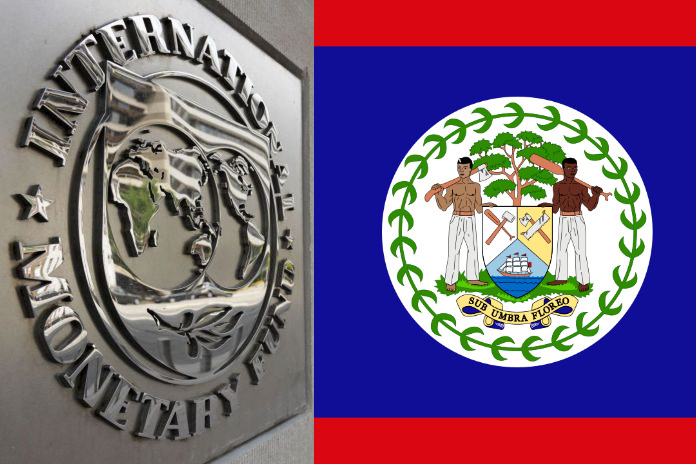WASHINGTON, USA – The Executive Board of the International Monetary Fund (IMF) concluded the Article IV consultation with Belize.
The COVID-19 pandemic has hit Belize hard. Following a successful containment of the first wave of the pandemic, the country experienced a second wave starting in June 2020. This wave has been controlled, but it left Belize with one of the highest numbers of cases and deaths per capita in the Caribbean. The pandemic also led to a 72 percent fall in tourist arrivals in 2020 and a decline in activity in contact-intensive sectors, resulting in a contraction of real GDP of 14.1 percent in 2020. The fiscal position deteriorated markedly, with the primary deficit widening from 1.3 percent of GDP in FY2019/20 to 8.4 percent in FY2020/21, and public debt increasing from 97.5 percent of GDP in 2019 to 127.4 percent in 2020.
The recovery from the pandemic is projected to be protracted. Tourist arrivals remain subdued but are expected to pick up in late-2021 when vaccines become more widely available in advanced countries. As a result, real GDP is projected to grow at 1.5 percent in 2021 and 6.2 percent in 2022, regaining its pre-pandemic level only by 2025. The fiscal position is projected to improve over time in line with the fiscal consolidation measures included in the FY2021/22 budget, and the expected recovery of revenue and unwinding of pandemic-related expenditure.
However, public debt would remain elevated, peaking at 132 percent of GDP in 2021 and gradually declining after to 111 percent in 2031. External financing is expected to gradually decline over time, worsening reserve adequacy and threatening the sustainability of the currency peg. Belize’s economic outlook is subject to substantial downside risks, including from a resurgence of the pandemic and natural disasters.
Executive board assessment
Executive Directors noted that the pandemic has hit Belize hard, resulting in a high number of deaths and a deep economic recession. The recovery is projected to be protracted and subject to large risks. Directors noted that the country faces difficult challenges, including unsustainable public debt, widening external imbalances, and vulnerability to natural disasters and climate change. Against this backdrop, Directors highlighted the urgency of restoring debt sustainability while providing near-term support to the most vulnerable and implementing structural reforms to boost inclusive growth and enhance resilience.
Directors agreed that restoring debt sustainability requires sufficient debt restructuring and ambitious fiscal consolidation, anchored in a credible medium-term strategy. They welcomed the significant consolidation measures approved this year, and encouraged a further gradual increase in the primary balance, relying on both revenue and expenditure measures, while strengthening the social safety net. Directors recommended broadening the tax base, strengthening revenue administration, and reprioritizing expenditures. They also encouraged the authorities to develop contingency plans in case downside risks materialize.
Directors emphasized that growth-enhancing structural reforms would support public debt reduction. They encouraged steps to improve access to credit, reduce entry barriers for firms, enhance infrastructure, and strengthen law enforcement and social programs to reduce crime. Directors recommended further strengthening the resilience to climate change and natural disasters, including by developing a Disaster Resilience Strategy.
Directors noted that restoring debt sustainability would also help reduce external imbalances and strengthen the currency peg. They called on the authorities to limit central bank financing of the government, which together with fiscal consolidation, would help reduce the current account deficit, improve access to external financing, and boost reserves.
Directors highlighted the need to safeguard financial stability. This requires maintaining appropriate loan classification and provisioning rules, phasing out forbearance measures and loan deferrals by banks, and strengthening prudential standards as the pandemic recedes. Directors encouraged further efforts to strengthen the AML/CFT framework, with a focus on enforcing sanctions for non-compliance and reforms to mitigate risks associated with the international financial services sector.





